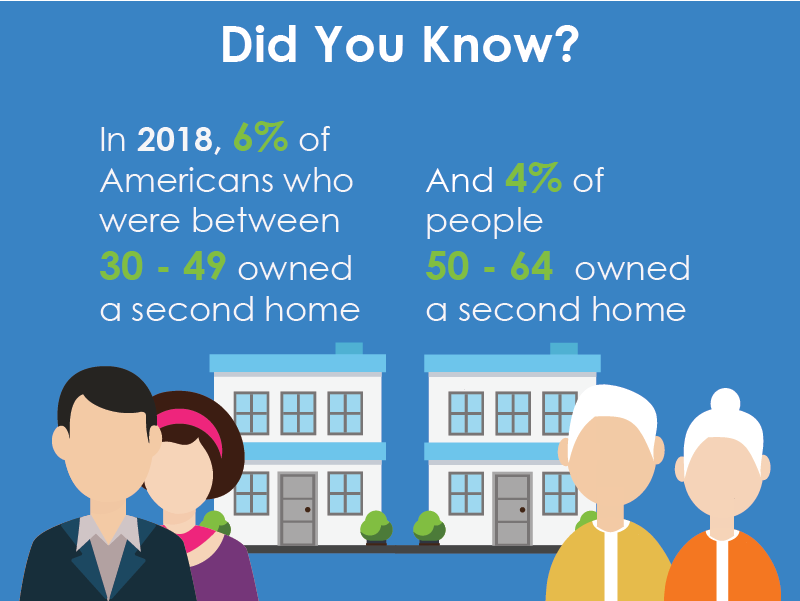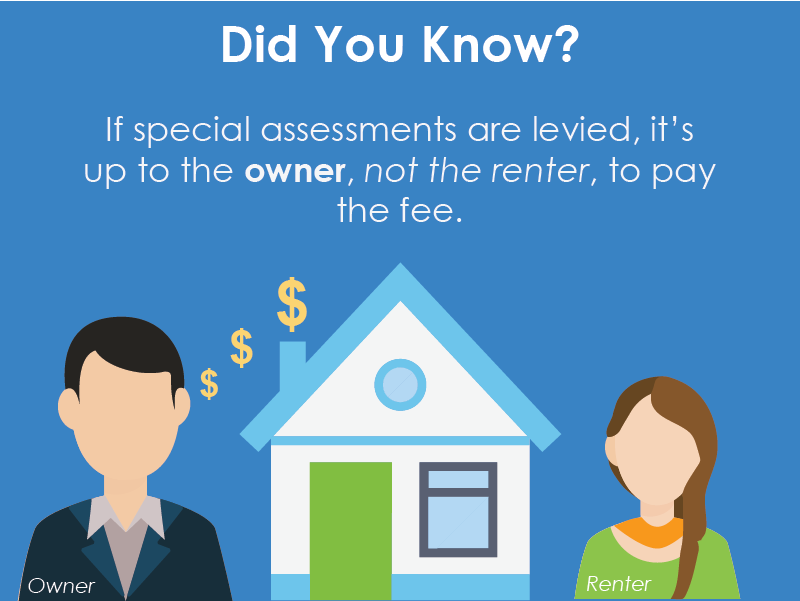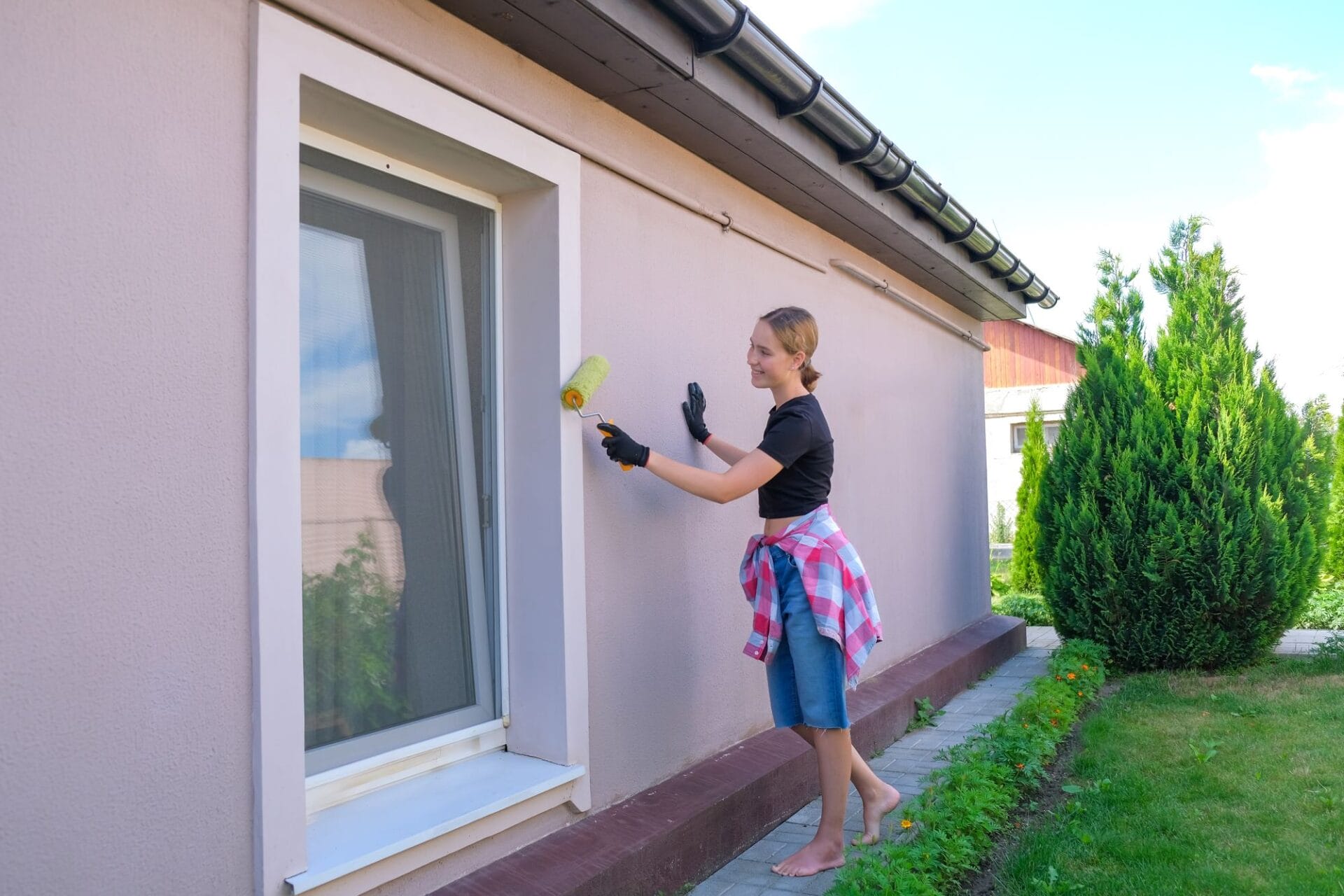Condominium owners share many similarities with single-family homeowners. But, condo owners are unique in that when they buy a condo, they gain ownership of their individual unit as well as the common elements of the corporation or association. This shared ownership is a benefit as well as a responsibility.
Condo owners can do certain things that single-family homeowners cannot:
- They are invited to attend and vote at owners’ meetings
- They can be elected to serve on their condo board and help make important decisions for their building
- They can access the condo’s financial records, meeting minutes, and other documents
- They may requisition an owners’ meeting
- They have access to common elements and amenities in their building
Condo living has a lot of advantages. However, not every owner purchases their unit for those perks. Some buy with the intention of renting out their unit to someone else. Condo investors are not new or uncommon in Canada and the United States. In 2018, approximately 6% of Americans who were between 30 – 49 owned a second home. 4% of people between the ages of 50 – 64 owned two residential properties.

Nevertheless, condo communities don’t always think about what can be done to ensure these offsite owners remain connected to what’s happening in the building.
It’s important to keep offsite owners in the loop for several reasons, and using some form of digital communication can be the best way to achieve this goal.
Offsite owners could live anywhere
Offsite owners may live within driving distance of their investment property. This makes it easy for them to keep tabs on their unit, attend member meetings and select the best tenants.
Conversely, offsite owners may also live in another city or even another country.
Canada, for example, has a relatively open-door policy when it comes to foreign property investment. Someone who is not a Canadian citizen can purchase a Canadian condo. Many people living abroad have bought one or more units in the Greater Toronto Area and the province of British Columbia. Condos in these areas are very attractive to affluent investors due to their ultra-competitive real estate markets.
Foreign buyers in Canada
The number of foreign investors was so great that, in April 2017, the Government of Ontario introduced a Non-Resident Speculation Tax (NRST) in an attempt to cool the market down. This is a 15% tax on the purchase of a residential property in the Greater Golden Horseshoe region of Toronto for people who aren’t citizens or permanent residents of Canada. This tax is paid in addition to other taxes that apply to all buyers.
Similarly, British Columbia has a 20% Foreign Buyers Tax. The buyer is charged an additional 20% tax of the fair market value of their proportionate share if the property transfer was registered on or after February 21, 2018, and is within the:
Non-Canadian owners also know that there is a non-resident withholding tax of 25%. Anyone remitting rents to a non-resident is required to withhold and remit to the CRA 25% of the gross rents paid. However, not all tenants are aware of this obligation. As such, non-residents can remit 25% of their gross rental income to the CRA on their own. A section 216 tax return can be filed to pay tax on the net rental income, and this generally allows a significant portion of the taxes withheld to be refunded.
Foreign buyers In the U.S.A.
The United States gives similar freedoms to non-residents. The five states with the highest numbers of foreign buyers of residential real estate include Florida, California, Texas, Arizona and Washington.
While California’s climate makes this state an obvious choice, the cost of homes can be drastically higher than other locations.
Florida is always a popular location because it is warm and real estate prices are much more reasonable. In fact, the volume of Florida’s existing homes purchased by foreign buyers from August 2018 to July 2019 equated to about $16 billion. That’s roughly 12% of the total volume of Florida’s home sales.
Non-residents must pay a non-resident withholding tax of 30% of their gross rental income to the IRS when collecting rent income from a tenant in the U.S. The owner or renter can take care of this. However, the foreign owner really only pays tax on the net rental income on the U.S. tax return, and they can claim deductions. In the end, they may pay little or no tax.
Why offsite owners pay for condos they won’t live in
Most financial experts agree that condos are smart investments. They are less costly than houses, and generally require less upkeep. Condo prices have remained strong in Canada and the U.S., and investors are very likely to see a significant return on their investment. As sale prices continue to climb, rental prices rise with them. That means owners can charge more rent when a new tenant moves in.
Some offsite owners may have a plan to move into their unit when they retire, while others may invest in properties for a living and never occupy any of their units.
Using digital communication to reach offsite owners
Even if owners don’t occupy their unit, they are still considered members of their corporation or association. As such, they have certain obligations they must take care of.
Owners are expected to:
- Attend member meetings and vote for board members (though it is not mandatory)
- Review and provide feedback on the materials provided by the condo (budgets, reserve fund study, future projects, etc.)
- Comply with the condo’s declaration, bylaws and rules, as well as provincial or state laws
- Notify the association if the unit is leased
- Maintain and repair their condo unit in accordance with governing documents
- Paying condo fees, special assessments, and any other fees, on time. If special assessments are levied, it’s up to the owner, not the renter, to pay the fee

Using digital communication like email, condo management software, or a residents’ portal, the board or property manager can reach onsite and offsite owners in a matter of seconds. Whether it’s a formal notice about an upcoming meeting, a letter regarding fees, or even a violation notice, it’s far easier, and more cost-effective, to send information online.
Let’s say an offsite owner lives in another state. Or, they just moved to a new address. An important message may not reach the owner until it’s too late, or it might not get there at all if there is no forwarding address.
Conversely, people seldom change their email addresses. No matter how far the offsite owner is, they will still receive a notice if it’s electronic. If the condo uses software, it can even share condo documents like rules and bylaws through a digital library, allowing owners to review these items at any time.
Some condos even make it possible for owners to make payments through a portal, or attend meetings that are hosted virtually. Having these options drastically improves offsite owner participation and engagement (and it makes them happier, too).
At the same time, boards have an obligation to:
- Notify owners in advance if the association needs to access their unit
- Notify owners in advance of any upcoming member meetings
- Share annual budgets
- Share annual meeting packages
- Notify owners about fees, special assessments, etc.
- Provide owners with other required documents
Sharing information can be done more quickly, and for less money, when the board takes advantage of online communication options. It’s a win-win strategy that makes sense.






















